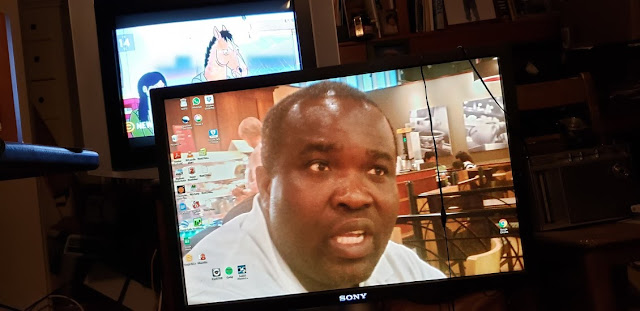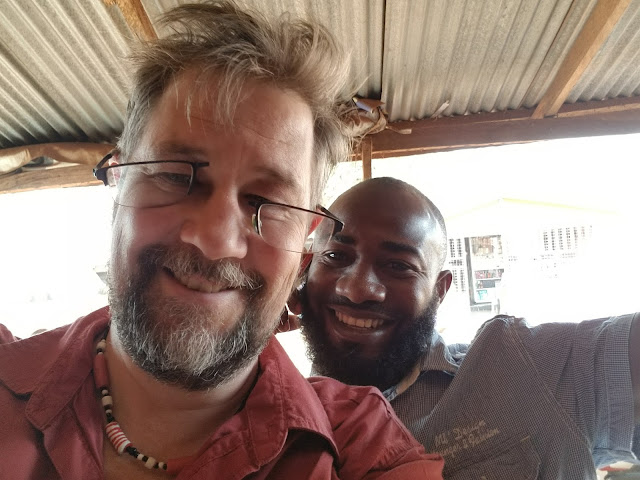Lucid Energy, Stormwater X, Toilet 3.0, and Africa's Tech Sector and Scrap Sector might solve 4 problems with byproduct management.
If you are an agent of conscience, and choose to either be perfect, or become someone guided by perfect intent, you need maintenance. Like a regular teeth-cleaning or oil change, you need to regularly evaluate your interior motives, your pridefulness, your righteous indignation, and cognitive biases. Preemium primum non nocere.
Like a machine that has been well maintained, you will, through the cumulative exposure and effort towards the improvements you've devoted yourselves to, be in the right place when the right time for an insight, inspiration, or opportunity occurs. If, for example, you care about people living in slums in emerging markets, you might spend years doing Mother Theresa one-on-several assistance, and begin to be inured to the scale of the problem. Keep your ego in check, and your eyes open, because someone else may have a good idea and never have your insight into an application that would "save the world", or your piece of it.
If you are an agent of conscience, and choose to either be perfect, or become someone guided by perfect intent, you need maintenance. Like a regular teeth-cleaning or oil change, you need to regularly evaluate your interior motives, your pridefulness, your righteous indignation, and cognitive biases. Preemium primum non nocere.
Like a machine that has been well maintained, you will, through the cumulative exposure and effort towards the improvements you've devoted yourselves to, be in the right place when the right time for an insight, inspiration, or opportunity occurs. If, for example, you care about people living in slums in emerging markets, you might spend years doing Mother Theresa one-on-several assistance, and begin to be inured to the scale of the problem. Keep your ego in check, and your eyes open, because someone else may have a good idea and never have your insight into an application that would "save the world", or your piece of it.
| Where is this going? Downhill to the problem, whose byproduct is opportunity |



















